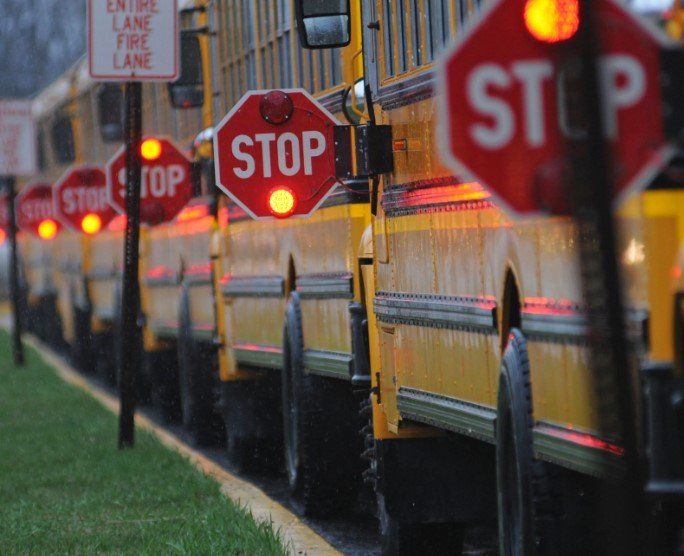DECATUR, Ga. — In the Atlanta suburb of Decatur, the speed cameras outside Beacon Hill Middle School don’t blink. They don’t sleep. They don’t let violators slide. These automated enforcers ticket drivers who exceed the speed limit in school zones, a system meant to protect children and ensure safety. But now, a group of Georgia lawmakers wants them gone.
Supporters argue that speed cameras keep reckless drivers in check and offer a solution for short-staffed police departments. Detractors say they’re nothing more than a cash cow for local governments and private camera companies, with some systems operating in ways that many drivers call deceptive. The debate has escalated, with the Georgia House passing two separate bills—one to ban the cameras entirely and another to impose stricter regulations. The state Senate is now weighing its options.
A State Divided on Speed Cameras
Georgia isn’t the only state wrestling with the issue. More than 20 states and Washington, D.C., allow automated traffic enforcement, but at least 10 have outlawed it altogether. Reversing course, however, is rare. New Jersey scrapped its red-light camera pilot program in 2014, and few states have made similar moves since.

The Peach State first authorized speed cameras in 2018, limiting them to school zones. At the time, the idea was to slow down drivers and prevent accidents where children are most vulnerable. But critics say some jurisdictions exploit the system, relying on vague signage and ticketing drivers even when warning lights aren’t flashing.
House Approves Two Competing Bills
The Georgia House took an unusual step on Tuesday, passing two separate bills. One, House Bill 225, would ban the cameras altogether. The other would impose new restrictions to curb alleged abuses. House Speaker Jon Burns, a Republican, said the dual approach was a way to gauge where the Senate stands.
Both proposals followed a committee-approved Senate bill that would add new rules for the cameras. Whether the Senate chooses reform or an outright ban remains to be seen.
The Case for a Complete Ban
Representative Dale Washburn, a Macon Republican, says the system is beyond saving. His bill to eliminate speed cameras in school zones sailed through the House with a 129-37 vote.
- Washburn and his supporters argue that too many drivers receive tickets under questionable circumstances.
- Reports of warning lights failing to flash have fueled distrust.
- Some drivers claim they were cited at times when no children were present.
Washburn insists that local governments and private vendors are more interested in revenue than safety. “There are many abuses, and they are reported often,” he told House members before the vote.
Stricter Rules, Not a Ban?
Not all lawmakers want to ditch the cameras entirely. Some argue that targeted reforms could fix the problems without removing an effective deterrent to speeding.
Proposed restrictions include:
- Requiring clearer signage in school zones with speed cameras.
- Mandating that flashing lights operate correctly before tickets are issued.
- Limiting fines and making it easier to challenge unfair citations.
House Bill 246, the competing measure, takes this approach. It remains unclear whether the Senate will favor reform over a total ban.
The Money Trail
One of the biggest concerns surrounding automated enforcement is the money it generates. Critics claim it incentivizes cities to prioritize revenue over safety, creating an environment where questionable tickets pile up.
Here’s how the money breaks down in Georgia:
| Source | Revenue Split |
|---|---|
| Local Governments | 65% |
| Camera Companies | 35% |
With local governments pocketing the majority of the funds, skepticism runs high. Some lawmakers believe school zones should be policed by human officers, not automated cameras that can’t account for real-world nuances.
What Happens Next?
The fate of speed cameras in Georgia now rests with the Senate. Will lawmakers opt for reform, or will they strike down the program entirely? With public sentiment split and safety concerns clashing with allegations of profiteering, the debate is far from over.
For now, the cameras continue to click, recording violations and fueling controversy with every captured image.
